Israel fears Lebanon's instability could lead to another war with Hezbollah
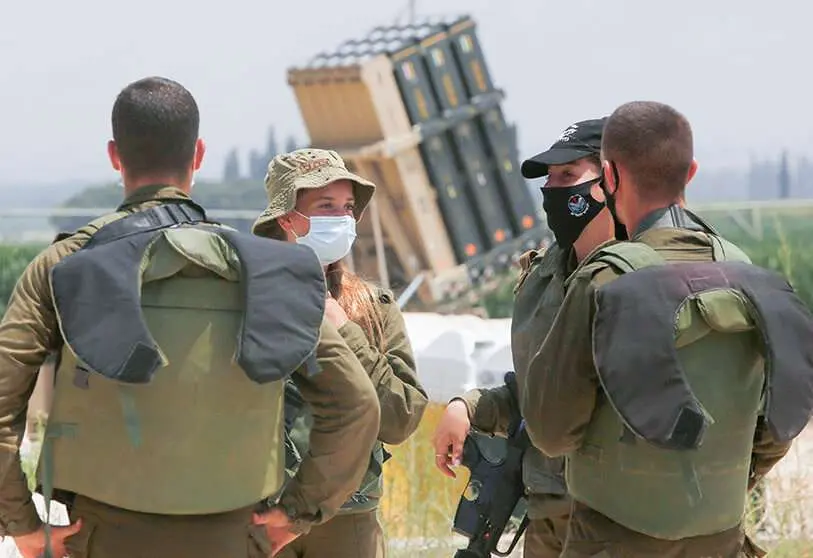
The serious political and economic crisis plaguing Lebanon has fuelled instability on the border with Israel, which fears that the situation could lead to another war with the Shiite militia Hezbollah that controls the area, where armed Palestinian factions are also gaining strength.
"Hezbollah continues to entrench itself here on the border and to build up forces, mainly with the Radwan unit, its elite force, which is preparing to infiltrate into Israel with the aim of killing civilians," Israeli army spokesman Lieutenant Colonel Amnon Shefler told Efe from the Sheba Farms, an area historically disputed by Lebanon and Syria in the Golan Heights, occupied by Israel in 1967 and annexed in 1981.
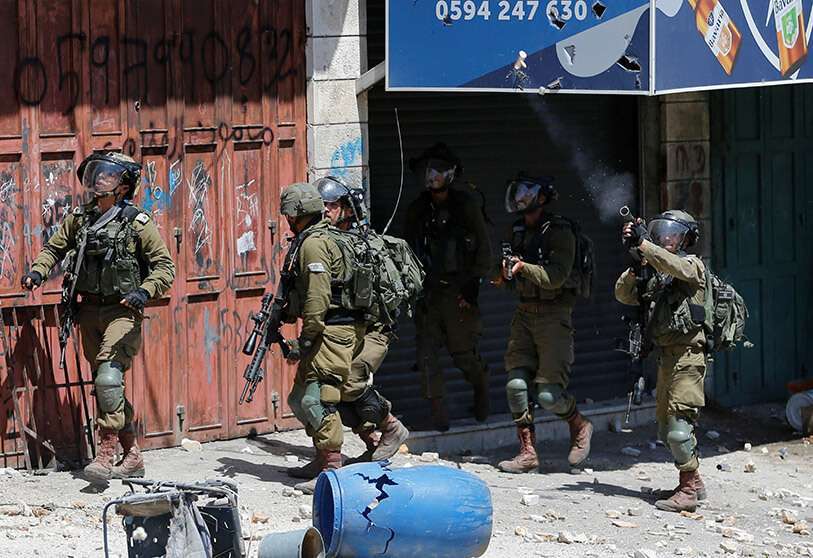
The army warns that the serious crisis in Lebanon, on the verge of collapse and without a stable government, is giving wings to the Shiite militia, whose influence is growing not only in its traditional fiefdom on the southern border with Israel, but also throughout the east on the porous border with Syria, through which arms are allegedly entering from Iran, Hezbollah's ally and Israel's main enemy.
"They are building a massive arsenal of rockets. Hezbollah has 140,000 rockets aimed at civilian populations in Israel," Shefler said, noting that in the last war they fought in 2006, which lasted a month, the militia had about 10,000 rockets.
These are "more precise, more sophisticated and longer-range rockets", says the army, as demonstrated by the 19 launched by Hezbollah on 6 August, six of which landed near towns in northern Israel, where some 220,000 Israeli civilians live along the border, 120,000 of them less than four kilometres from Lebanon.
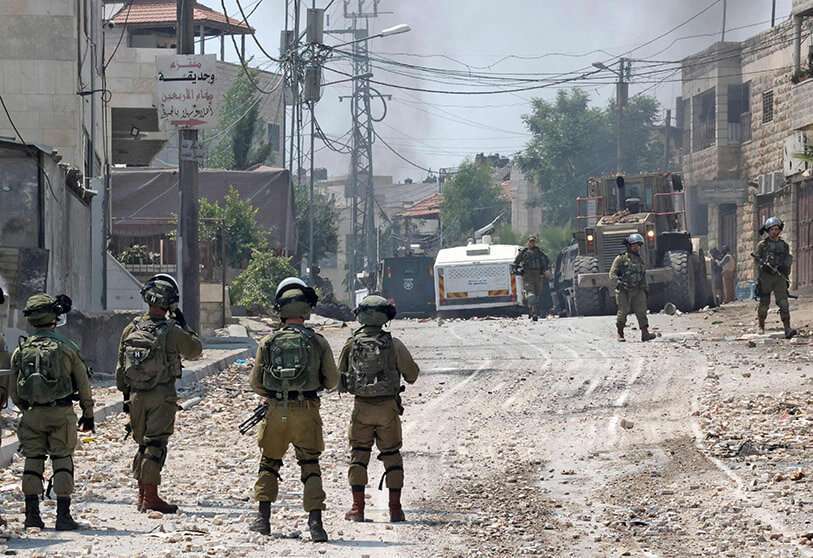
It was the first time Hezbollah had launched an offensive of this magnitude since the 2006 war, in response to the previous day's aerial bombardment by Israeli aircraft on Lebanese soil, also the first in 15 years.
The airstrike was, in turn, a retaliation to the trickle of rockets that Israel had received five times from Lebanon in the last four months, which began in parallel to last May's escalation in Gaza with the Islamist movement Hamas, and are attributed to armed Palestinian factions based in the south of the Arab country.
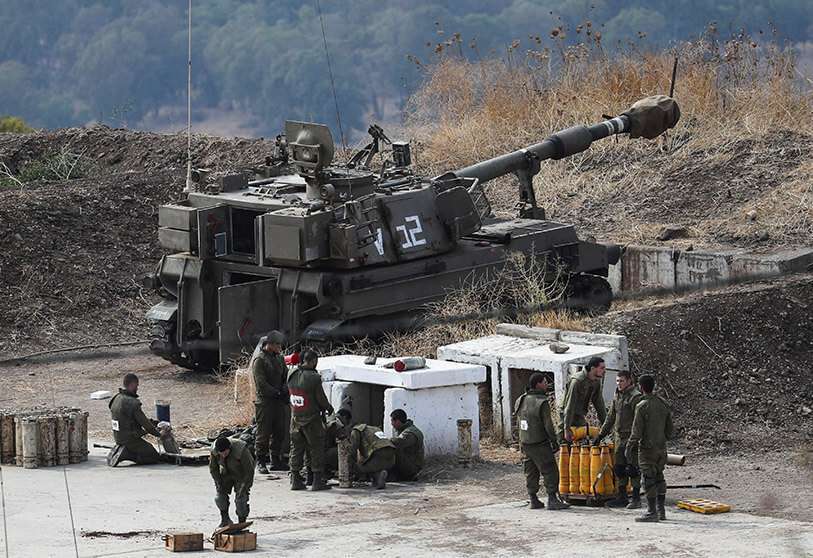
These groups fired three rockets on 4 August, one of which landed just 200 metres from a shopping centre in the town of Kiryat Shmona. "What would have happened if it had hit the shopping centre, where there were hundreds of Israeli civilians? We would have had to attack, we would have been on the verge of war," a military officer told Efe.
"They are an old new phenomenon," the officer summed up the Palestinian groups, which have had a presence in Lebanon since the 1970s, but are now "rearing their heads" in what Israel sees as a new threat, the scale of which it is too early to assess.
It is understood that they have links to Hamas and Hezbollah, but it is not clear what their affiliation is, what line of command they answer to or how cohesive they are, although the army is convinced that the rockets were launched with the connivance of the Shia militia, which controls everything that happens in southern Lebanon.
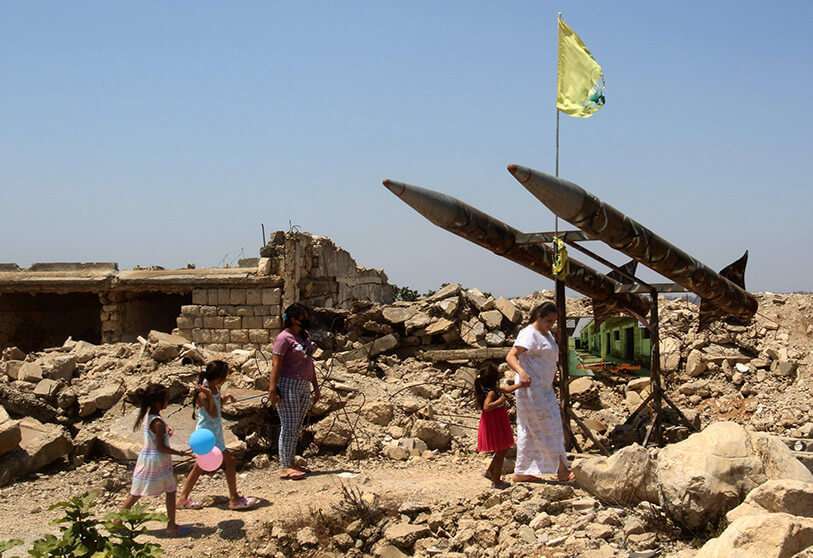
This spike in tension around the Blue Line - the demarcation between the two countries established by the UN after the 2006 war - has led to the largest exchange of fire since then, a situation that military sources say could lead to further escalation.
"The situation will deteriorate if Hezbollah so chooses. Israel has chosen to have a secure border with Lebanon but we are ready to act and defend ourselves if they attack us," said Shefler, who admitted that Israel has no interest in going to war but is ready to do so.
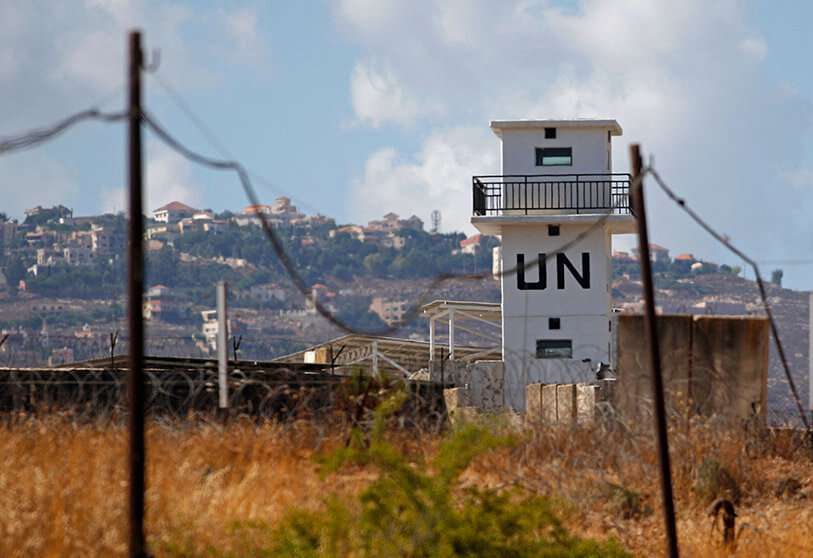
However, the army is concerned about continued incursions by armed Hezbollah fighters into the security area around the Blue Line - a violation of the 2006 Security Council resolution 1701 for a cessation of hostilities - while the Lebanese army is increasingly decimated by the economic crisis.
Military sources also claim, based on information gathered by military intelligence, that Hezbollah is opening its own supermarkets and pharmacies, with food and medicine from Iran smuggled into the country via Syria, to portray itself as the saviour of Lebanon's collapse from the weakened incumbent government and curry favour with the population.
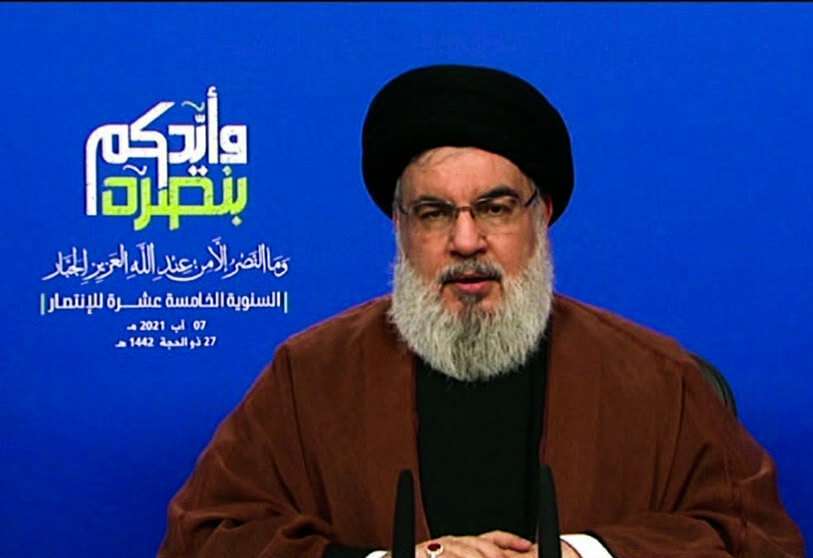
Just yesterday, Hezbollah leader Hasan Nasrallah vowed that, in the face of the government's inability, his group would import petrol and diesel from Iran to make up for fuel shortages and power cuts.
"They want to take advantage of the instability in Lebanon to become a state within a state, which would be a satellite of Iran," military sources say.
The escalating tension comes as Lebanon is on the verge of collapse, plagued by a severe economic crisis, soaring inflation and shortages of basic goods, medicines and fuel, while the political deadlock continues as it waits for Prime Minister-designate Najib Mikati, the third in less than a year, to form a government.








